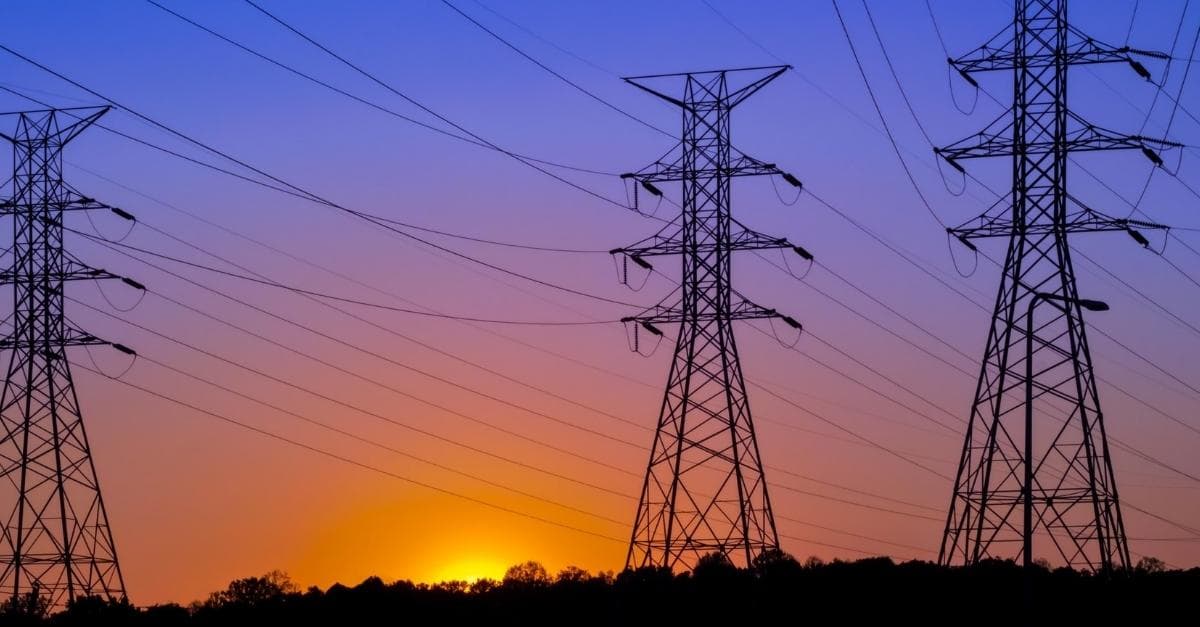Can You Sell Electricity Back To The Grid In Ireland?
Electricity is produced by solar PV panels from the sun which is a source of energy that is renewable and sustainable.
Solar power is reliable and long-lasting unlike fossil fuels since it will never run out.
Can You Sell Electricity Back To The Grid In Ireland?
Decrease electric cost:
Using solar panels can generate your own electricity that reduces your dependence on grid power, saving your money in monthly bills.
Ecological profits:
No harmful emissions are released through solar energy production which means no pollution is caused by it thus cutting down your carbon footprint and guarding the environment.
Increasing property value:
It can make your home more appealing to potential buyers if you install solar panels which will raise its price in the market.
Feed-in Tariff Ireland:
Solar Energy Feed-in Tariffs (FITs) are one way governments encourage people to use solar power.
It works on the premise that when you produce more electricity from sunlight than needed for self-consumption, such excess may be transferred back into an electricity grid system.
There is usually a payment made for each unit (kilowatt-hour) of electricity thus “fed-in” to the grid known as Feed in Tariff (FIT) which is meant to subsidize the initial cost of installing PV Panels and deduct electric bills at the same time.
The Irish Government introduced this scheme recently so as part of their policies aimed at promoting renewable energies like Photovoltaic Technology.
Ireland's microgeneration scheme:
This scheme allows homeowners, as well as businesses and even farms, to become small-scale electricity producers by themselves.
It is possible to utilize solar panels or other approved renewable technologies in order to make your own clean power.
The most important advantage of such an initiative is the opportunity to sell surplus electricity generated back into the national grid under the Clean Export Guarantee (CEG) scheme.
CEG rates are set by energy suppliers so it would be prudent for one to compare tariffs and identify which plan offers the most favorable terms for green energy production on their part.
This not only increases the amount of renewable energy available but can also be financially beneficial for those going solar or engaging in microgeneration.
Ireland Electricity Buyback Programme:
The payback programme for solar panels in Ireland is not a single scheme but a combination of measures intended to make the installation of such panels financially lucrative.
Grants from the Sustainable Energy Authority of Ireland (SEAI) greatly lower the initial costs.
And as solar panels have a life spam up to 30 years and a payback period of around seven years, you can make this positive contribution to the environment for decades with very little maintenance required.
Conclusion
In Ireland, selling surplus solar electricity back to the grid offers significant financial and environmental benefits.
Homeowners and businesses can reduce their energy bills, earn additional income through feed-in tariffs, and contribute to a cleaner environment.
With government grants and the Microgeneration Support Scheme, investing in solar power is both a sustainable and economically sound decision.
